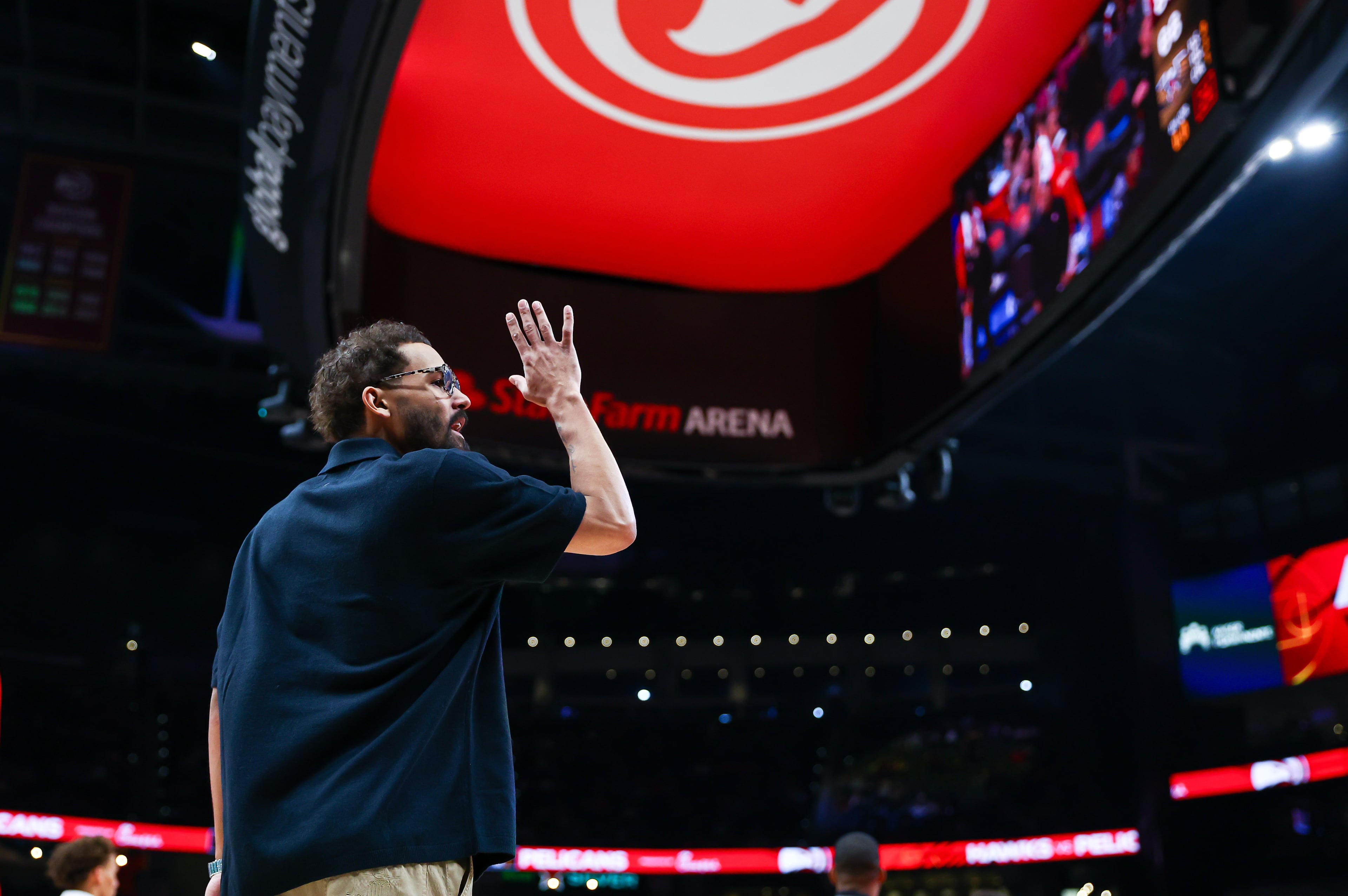Opinion: Our freedoms and our vote are tightly connected

From the very beginning, voting rights have been central to our shared struggle. Our family has worked for decades to strengthen our democracy, and to build an American future that finally realizes for all of us the vision brought forth by Dr. Martin Luther King Jr. Through the Drum Major Institute, we bring together movement leaders and organizations dedicated to creating the Beloved Community: a world in which everyone is cared for, free of racism, violence and poverty.
But the January 6 insurrection demonstrated in the starkest possible terms that our nation’s promise remains unfulfilled, and our justice system does not treat all threats equally: in the same year, while peaceful protesters for racial justice faced an aggressive, militarized police presence, a majority-white mob at the Capitol was initially met with few police precautions despite months of warnings of potential violence. To see an armed, violent horde, openly encouraged by the then-President and his MAGA Republican enablers in Congress, carrying Confederate flags and other racist symbols through the halls of Congress was sickening. And to see Republican leaders close ranks to protect those who perpetrated this attack is, perhaps, even worse. The insurrectionists sought nothing less than to block the peaceful transition of power, and came far closer than we ever could have imagined possible before that terrible day.

These efforts to twist our shared political reality through bullying and brute force would look all too familiar to those who came together in solidarity decades ago to fight for equality and the right to vote. This isn’t new, and our family knows all too well what lies down the road of political violence. We have lived that tragedy.

My father would be heartbroken to see once again those in power allowing, even encouraging, the most extreme in our society to intimidate; to see the same National Mall where he so eloquently spoke on behalf of nonviolence, justice and equality filled with those who sought to overthrow a lawful election and seize power.
Our democracy remains fragile, and all across the country states are attempting to implement new laws and install dangerous leaders in 2022 that would seek to disenfranchise voters and destabilize our elections. It’s time for our nation to make a choice – do we want to continue to allow the loudest, angriest members of our society to dominate, or do we want to choose a brighter path forward? Which American legacy are we going to continue on into the 21st century?
“Now is the time to make real the promises of democracy.” My father spoke those words on the National Mall in 1963, and they are as true now as at any time in our history. But we must also remember another idea from that same day: It would be fatal for the nation to overlook the urgency of the moment.
But in this moment, there is hope.
Today’s young organizers are extraordinary, smart and dedicated: we see a level of engagement and commitment that rivals any era in our country’s endless endeavor towards justice. Voters are more aware than ever that in order to have a democracy, we have a shared responsibility to protect it, and Americans from all corners of our country are working together to push back against those who value power over justice. And we stand with them in that effort: that’s why we spoke out in Washington, D.C. on October 20 with Common Defense, Public Citizen, Indivisible, SEIU, Our Revolution, and other groups dedicated to protecting our freedom to vote and pushing back against MAGA attempts to subvert our democracy.
The best way we can honor Dr. King’s legacy is to use our voices, and our votes, to beat back those violent forces trying to seize power and return us to an era of darkness and discrimination. We must have the strength to meet this moment. It’s time for our generation, and the new generation of young activists who so inspire us, to stand together.
We will not resolve our crisis in America through battle or strife; it must happen through love and nonviolent unity.
Once we win this victory, we can focus on the next steps needed to make progress – protecting voting rights, expanding the Supreme Court, ensuring accountability for those who tried to damage our democracy. But for now, we must come together with a singular focus: voting this November to protect our freedoms.
Every other issue we’re working to advance - an end to gun violence, racial justice, livable housing, economic inequality, reproductive freedom – depends on this one moment, and we know we have the strength to succeed.
Together, we can build the Beloved Community.
Martin Luther King III and Arndrea Waters King are chairman and president, respectively, of the Drum Major Institute. Together, they promote global human rights and eradicating racism, violence and poverty.


